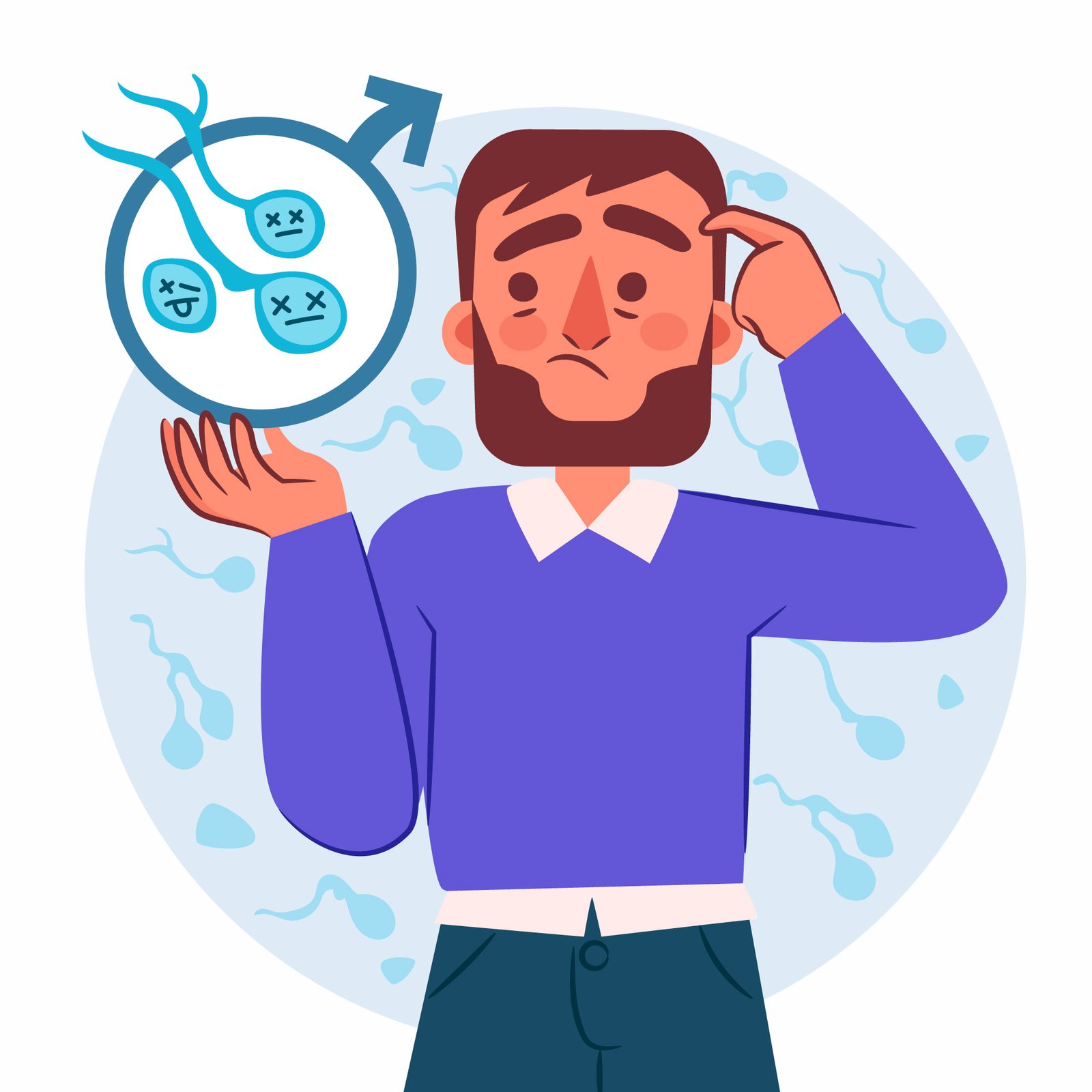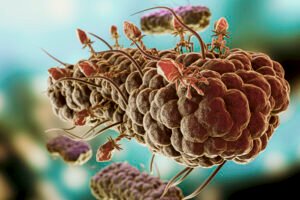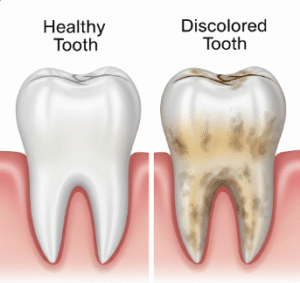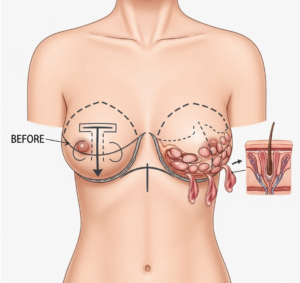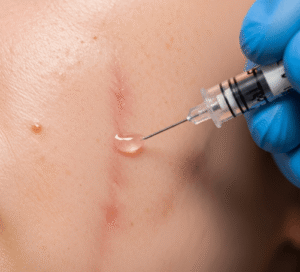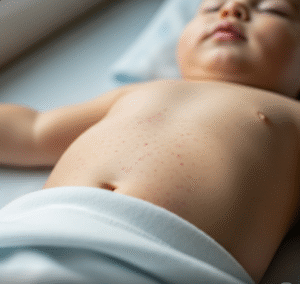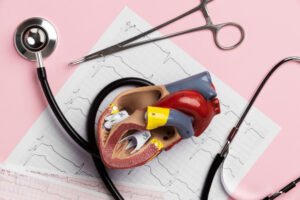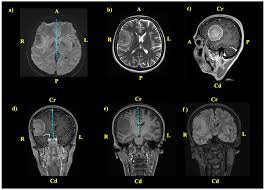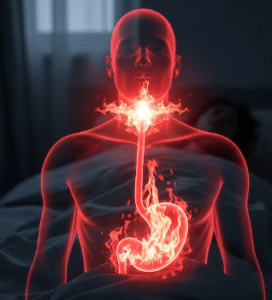Overview
Androgen Insensitivity Syndrome (AIS) is a rare genetic condition where a person who is genetically male (with one X and one Y chromosome) is resistant to male sex hormones called androgens. As a result, individuals with AIS may have female physical traits or a mix of male and female traits. AIS is typically diagnosed during childhood or adolescence and requires careful medical and psychological support.
What is Androgen Insensitivity Syndrome?
AIS is a disorder of sex development (DSD) in which the body’s cells do not respond properly to androgens, the hormones responsible for male sexual development. Although individuals with AIS have XY chromosomes and testes, they may develop external female characteristics. AIS can be complete, where the person appears fully female externally, or partial, where both male and female features are present.
Symptoms
Complete AIS (CAIS):
- Normal female external genitalia
- Absence of menstruation (primary amenorrhea)
- Undescended testes (often in the abdomen or groin)
- No uterus or ovaries
- Sparse or absent pubic and underarm hair
Partial AIS (PAIS):
- Genital ambiguity
- Enlarged clitoris or small penis
- Undescended testes
- Hypospadias (urethra opening not at tip of penis)
- Breast development during puberty with varying degrees of virilization
Causes
AIS is caused by mutations in the AR gene (androgen receptor gene), located on the X chromosome. This mutation prevents cells from responding to androgens such as testosterone, disrupting typical male sexual development. The mutation is inherited in an X-linked recessive pattern—typically passed from mother to child.
Risk Factors
- Family history of AIS or X-linked genetic conditions
- Being genetically male (XY chromosomes) with AR gene mutations
- Carrier mothers who may pass the mutation to sons
Complications
- Infertility in both CAIS and PAIS cases
- Increased risk of gonadal tumors (especially undescended testes)
- Psychological challenges due to gender identity, appearance, or infertility
- Delayed or absent puberty
- Need for surgical interventions or hormone replacement therapy
Prevention
AIS cannot be prevented, as it is a genetic condition. However:
- Genetic counseling is recommended for families with a history of AIS
- Prenatal genetic testing can help identify at-risk pregnancies
- Early diagnosis can guide appropriate care and gender assignment
Treatment Options in Korea
South Korea offers highly specialized, multidisciplinary care for individuals with AIS through top hospitals and genetic clinics.
Diagnosis and Evaluation:
- Genetic testing to confirm AR gene mutation
- Karyotyping to determine XY chromosome pattern
- Hormone level assessments (testosterone, LH, FSH)
- Pelvic ultrasound or MRI to assess internal reproductive organs
- Psychological evaluation and gender identity support
Medical and Surgical Treatment:
- Gonadectomy (removal of undescended testes) to prevent cancer, typically after puberty
- Estrogen replacement therapy for individuals raised as female, to maintain secondary sexual traits and bone health
- Genital reconstructive surgery, if needed, especially in PAIS
- Fertility counseling and long-term endocrine follow-up
Psychological and Social Support:
- Access to psychologists, endocrinologists, genetic counselors, and sex development specialists
- Peer support groups and counseling for adolescents and families
- Gender identity and body image therapy where needed

